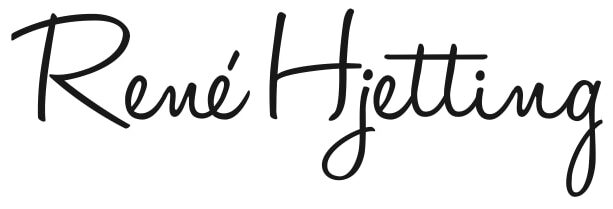Like me, you have probably thought about how you can become more productive and achieve more of what you want. Perhaps you have tried working harder at first – more intensively and longer. And that has probably made you more productive.
But there is a limit to how hard and how long you can keep working, so there are some fundamental limitations to that approach to becoming more productive.
In fact, we only have two to four hours every day where we can achieve maximum production capacity. The rest of the time, we still have energy to take care of administrative tasks, for instance, but we can’t keep putting out high-quality creative work for long periods of time.
If we nonetheless try and push ourselves over that limit, it can result in negative productivity – because what we do the last couple of hours is of such poor quality that we will likely have to spend time redoing it the next day.
Research shows that our productivity becomes negative when we reach somewhere between 30 to 60 work hours per week. Exactly where that limit lies depends on genetics and lifestyle factors such as exercise, diet and sleep.
So if we are truly to become more productive, we need to introduce common sense – wisdom, if you will – so we can do things smarter. There are many ways to go about doing that; here are a few of my personal favourites:
Learn from others
Learn from others so you don’t have to reinvent the wheel each time. Read about what others have discovered, but supplement that with personal feedback, so you get individual guidance on whatever specific thing you are struggling with.
Keep your toolbox well-equipped and adaptable
Build up a good toolbox with tips, tricks and techniques to improve your productivity. And remember: what works for others may not necessarily work for you. There are plenty of methods for becoming more effective. Find those that work specifically for you – and/or adapt them to your specific situation. It is not just a matter of good tools, but also in large part about using yourself better and in different ways. For example:
Identify your time-killers
We all have our time-killing distractions, but many of us have not identified them. If you can identify your biggest time-killers – activities or situations that throw you off course, distract or interrupt you – you will quickly increase your productivity. It will also likely give you the strength to change other things that are not optimal. And conversely: if you ignore these time-killers, your efforts to become more productive – no matter the number of good tools you may have – will not bear fruit.
Think constructively
People who are highly productive think differently than others. Instead of thinking: “Oh boy, I have so much I need to get done that it is stressing me. What should I do?” – try: “I need to do x and y. How can I best do that?” – or: “What can I do to improve my working conditions in the present circumstances?”
Put results before comfort
Sometimes all you have to do is stop sabotaging yourself. Perhaps you have a tendency to focus on external factors: “I couldn’t get started because…” or “I don’t have time for it because…”. Often, thoughts like these are avoidance techniques that we unconsciously use while wasting time.
Move out of your comfort zone and stop making excuses. As Nike says: “Just do it!” Put results before comfort and invest your efforts in what it is you really want. Many people give up without ever realising that it is possible to achieve their goals and do what it is they dream of doing.
Find the courage to take a chance
This leads me to my last but most important point: Be courageous! We all have about the same amount of time in a day for work, and many of us have access to the same tools to work smarter. As I see it, what sets the most productive among us apart is courage.
If we want to succeed at something, we have to concentrate all our efforts and take a chance on it. And that can be scary – what if we don’t succeed? That’s why many end up dividing their attention between different projects instead of paying full attention to what they really want, which is necessary in order to succeed.
When we try to do lots of things at once, we don’t have the time and energy that is needed to succeed. But if, on the other hand, we focus all our attention on one thing, we increase the likelihood of success considerably. When we try to be more productive, we have to accept to use our resources in the right order: first courage, then common sense and good tools and, finally, hard work.

